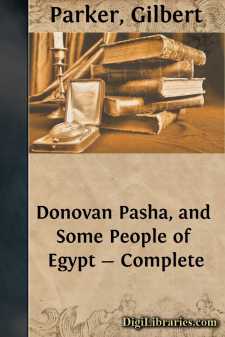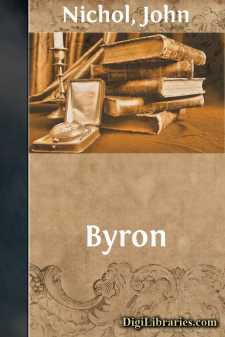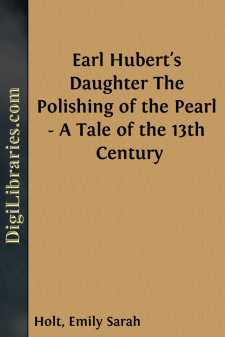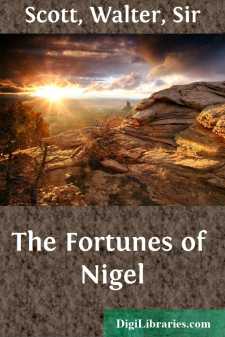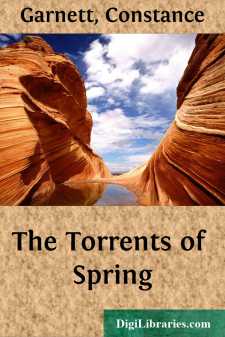Fiction
- Action & Adventure 183
- Biographical 15
- Christian 59
- Classics 6965
- Coming of Age 5
- Contemporary Women 3
- Erotica 9
- Espionage/Intrigue 12
- Fairy Tales, Folklore & Mythology 236
- Family Life 169
- Fantasy 117
- Gay 1
- General 596
- Ghost 32
- Historical 808
- Horror 43
- Humorous 161
- Jewish 25
- Legal 4
- Medical 22
- Mystery & Detective 315
- Political 49
- Psychological 41
- Religious 64
- Romance 160
- Sagas 11
- Science Fiction 730
- Sea Stories 113
- Short Stories (single author) 537
- Sports 10
- Suspense 1
- Technological 8
- Thrillers 2
- Urban Life 31
- Visionary & Metaphysical 1
- War & Military 173
- Westerns 199
Fiction Books
Sort by:
by:
Edison Marshall
It was not the first time that people of the forest had paused on the hill at twilight to look down on Bradleyburg. The sight always seemed to intrigue and mystify the wild folk,—the shadowed street, the spire of the moldering church ghostly in the half-light, the long row of unpainted shacks, and the dim, pale gleam of an occasional lighted window. The old bull moose, in rutting days, was wont to...
more...
CHAPTER I THE COMING OF THE LODGER Bang! Even Bindle was startled by the emphasis with which Mrs. Bindle placed upon the supper-table a large pie-dish containing a savoury-smelling stew. "Anythink wrong?" he enquired solicitously, gazing at Mrs. Bindle over the top of the evening paper. "Wrong!" she cried. "Is there anything right?" "Well, there's beer, an' Beatty,...
more...
by:
Gilbert Parker
WHILE THE LAMP HOLDS OUT TO BURN There is a town on the Nile which Fielding Bey called Hasha, meaning "Heaven Forbid!" He loathed inspecting it. Going up the Nile, he would put off visiting it till he came down; coming down, he thanked his fates if accident carried him beyond it. Convenient accidents sometimes did occur: a murder at one of the villages below it, asking his immediate presence; a...
more...
by:
John Nichol
CHAPTER I. ANCESTRY AND FAMILY. Byron's life was passed under the fierce light that beats upon an intellectual throne. He succeeded in making himselfвÐâwhat he wished to beвÐâthe most notorious personality in the world of letters of our century. Almost every one who came in contact with him has left on record various impressions of intimacy or interview. Those whom he...
more...
by:
Emily Sarah Holt
Preface. The thirteenth century was one of rapid and terrible incidents, tumultuous politics, and in religious matters of low and degrading superstition. Transubstantiation had just been formally adopted as a dogma of the Church, accompanied as it always is by sacramental confession, and quickly followed by the elevation of the host and the invention of the pix. Various Orders of monks were flocking...
more...
by:
Walter Scott
INTRODUCTION But why should lordlings all our praise engross? Rise, honest man, and sing the Man of Ross. Pope Having, in the tale of the Heart of Mid-Lothian, succeeded in some degree in awakening an interest in behalf of one devoid of those accomplishments which belong to a heroine almost by right, I was next tempted to choose a hero upon the same unpromising plan; and as worth of character,...
more...
THE BEGINNING Kenneth Gwynne was five years old when his father ran away withRachel Carter, a widow. This was in the spring of 1812, and inthe fall his mother died. His grandparents brought him up to hateRachel Carter, an evil woman. She was his mother's friend and she had slain her with the viper's tooth. From the day that his questioning intelligence seized upon the truth that had been so...
more...
by:
Stanley Gimble
Phil Conover pulled the zipper of his flight suit up the front of his long, thin body and came into the living room. His face, usually serious and quietly handsome, had an alive, excited look. And the faint lines around his dark, deep-set eyes were accentuated when he smiled at his wife. "All set, honey. How do I look in my monkey suit?" His wife was sitting stiffly on the flowered couch that...
more...
THE TORRENTS OF SPRING 'Years of gladness, Days of joy, Like the torrents of spring They hurried away.' —From an Old Ballad. … At two o'clock in the night he had gone back to his study. He had dismissed the servant after the candles were lighted, and throwing himself into a low chair by the hearth, he hid his face in both hands. Never had he felt such weariness...
more...
by:
Irving Novick
Everybody was waiting to see what the delegate from Venus looked like. And all they got for their patience was the biggest surprise since David clobbered Goliath. "Let me put it this way," Conners said paternally. "We expect a certain amount of decorum from our Washington news correspondents, and that's all I'm asking for." Jerry Bridges, sitting in the chair opposite his...
more...




